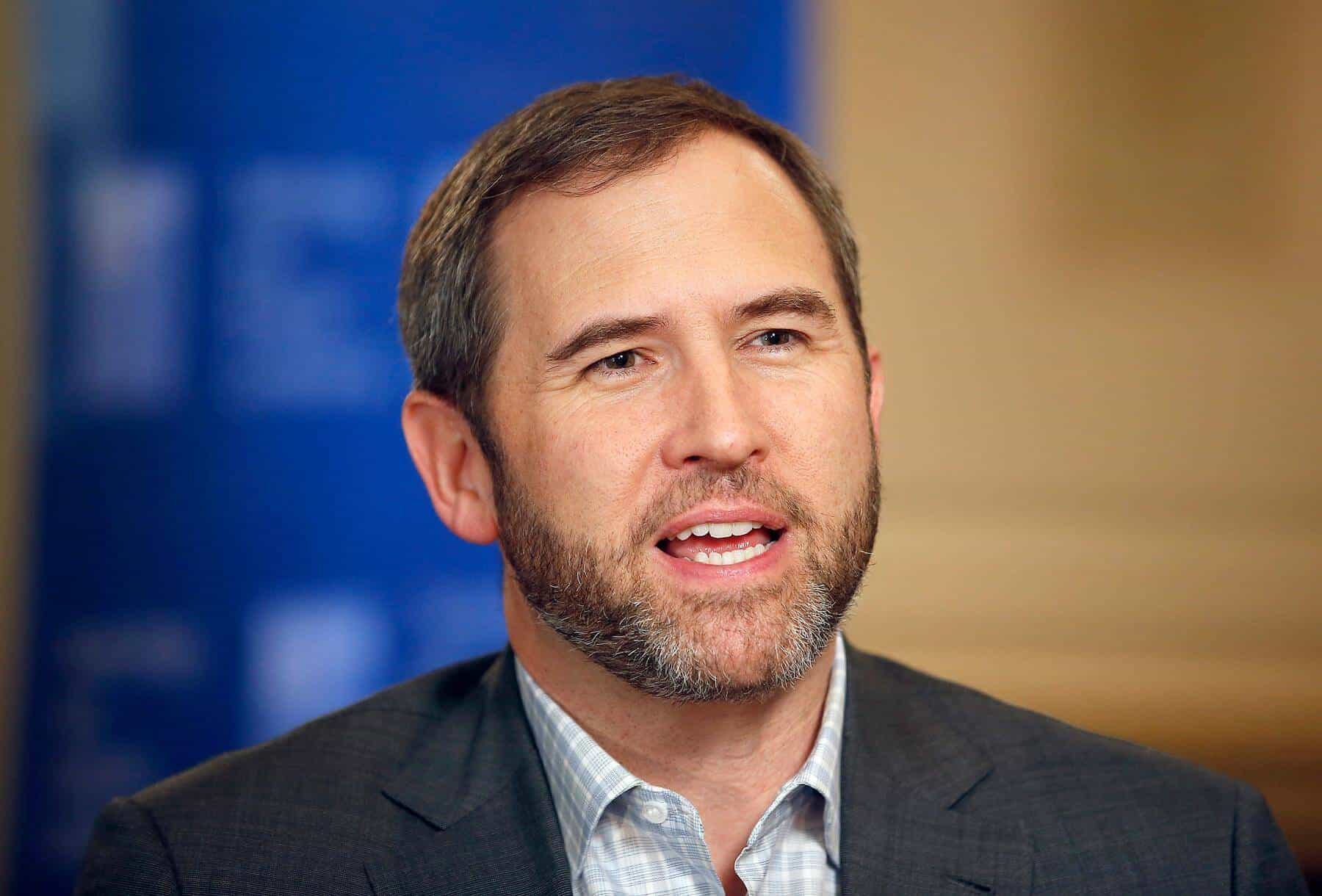Join Our Telegram channel to stay up to date on breaking news coverage
Regulations have always been one of the top defining factors for the crypto industry. Since cryptocurrencies gained mainstream attention, proponents have fought for regulators to accept these assets favorably. For some countries, this has worked. The United States, however, hasn’t toed the same line. Now, one of the country’s largest blockchain firms could leave as a result.
The SEC Isn’t Moving Fast Enough
Late last week, Brad Garlinghouse, the chief executive of blockchain giant Ripple Labs, announced that the firm could relocate to London. Speaking to CNBC, Garlinghouse explained that the United States’ unfavorable crypto regulations had become a burden, and that they could choose to pack up in the coming months.
Based in San Francisco, Ripple Labs operates the XRP token and one of the U.S’s biggest blockchain firms. As Garlinghouse explained, the United States’ Securities and Exchange Commission (SEC) has yet to define whether XRP is a security or a currency. Ripple is currently in a lawsuit with some investors over the alleged sale of unregistered securities. As Garlinghouse explained, this lack of clarity from the SEC has not helped the firm in any way.
Praising the United Kingdom, Garlighouse explained that its regulator – the Financial Conduct Authority (FCA) – had stepped up to the plate in recent months and is now developing an effective framework to address cryptocurrencies.
“What you see in the U.K. is a clear taxonomy, and the U.K.’s FCA took a leadership role in characterizing how we should think about these different assets and their use cases. The outcome of that was clarity that XRP is not a security and is used as a currency. With that clarity, it would be advantageous for Ripple to operate in the U.K.”
Issues with ‘Regulation Through Enforcement’
Ripple has flirted with the idea of leaving the United States before. Earlier this month, the company’s co-founder Chris Larsen explained that the firm was considering an exit to a friendlier environment. Speaking with a Fortune Magazine reporter at the Los Angeles Blockchain Summit, Larsen said that the United States had been “woefully behind” on the next financial innovation, which would most likely revolve around cryptocurrencies.
Coupled with the U.S government’s apparent “regulation through enforcement” policy, this lack of preparation could drive the firm out. Larsen added that the firm was looking into relocating to countries like Switzerland, the U.K., and Japan. If bodies like the SEC don’t want to play ball, there’s little reason why they should remain here.
“I don’t think that the posture at the SEC today can possibly get worse for [the crypto and blockchain] industry. It’s just ‘crush it and push it away.’”
Enforcement tactics from agencies like the SEC have drawn significant criticism in the past. The agency particularly got flack when it stopped the planned launch of the GRAM token from the mobile messaging platform Telegram in May.
Telegram’s judgment drew in-house criticism as well. Hester Pierce, a Commissioner at the agency, said in a speech at the Blockchain Week Singapore that she didn’t support the SEC’s action against Telegram. Like Larsen, she also criticized the SEC’s “regulation through enforcement” tactic, explaining that regulatory integrity rests on punishing parties that violate laid-out laws, not about making new laws on the fly.
Join Our Telegram channel to stay up to date on breaking news coverage


